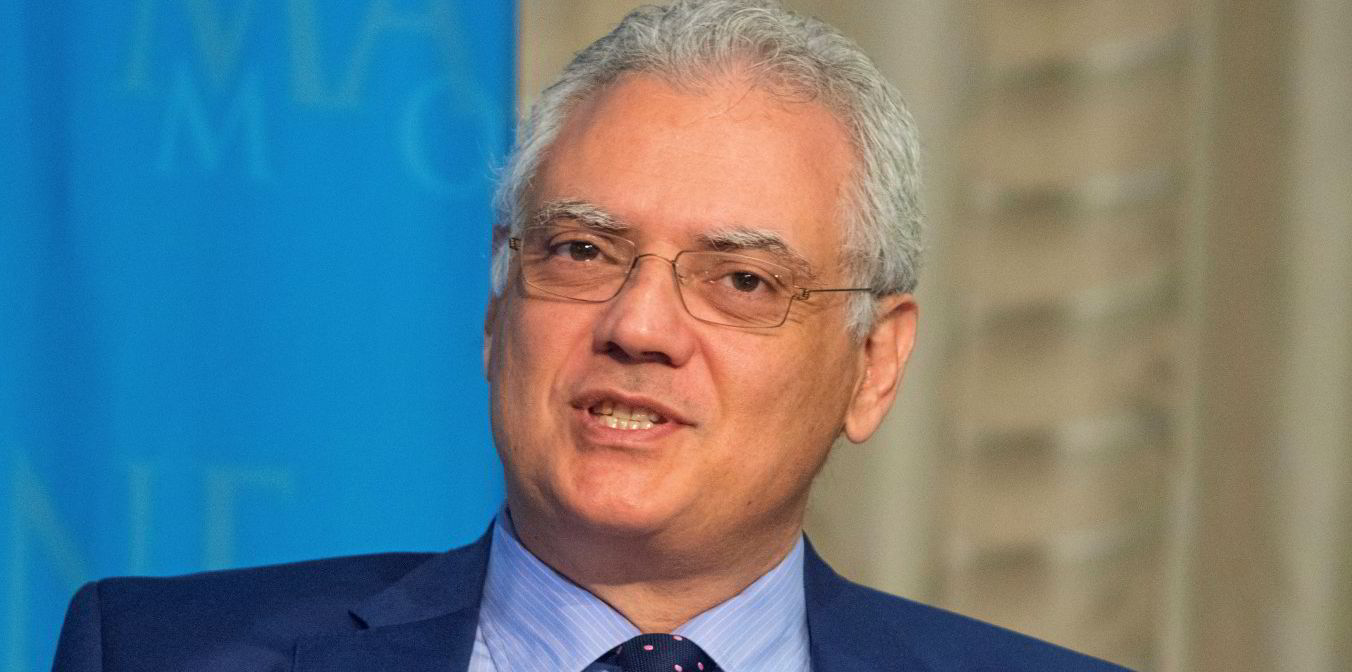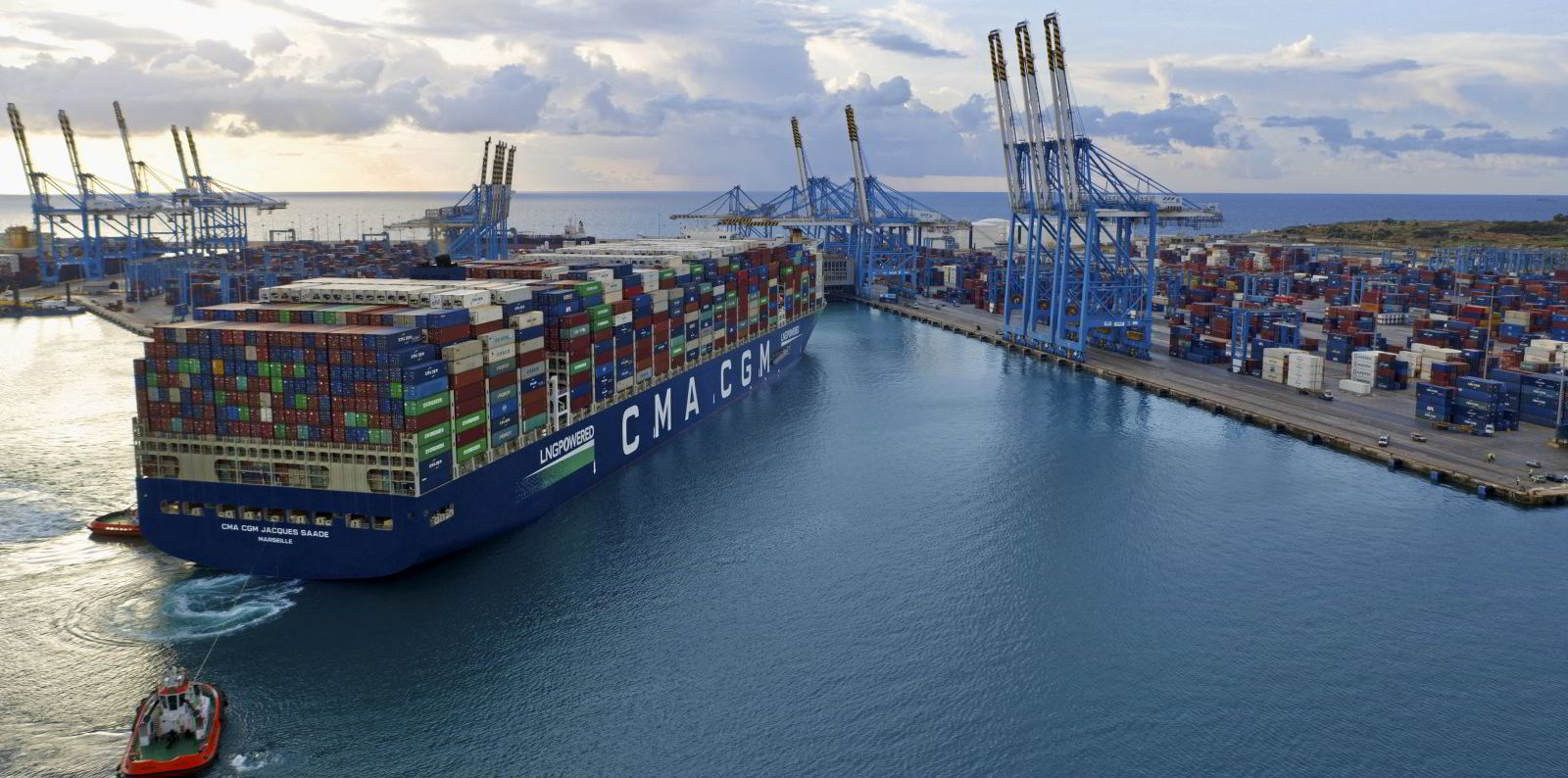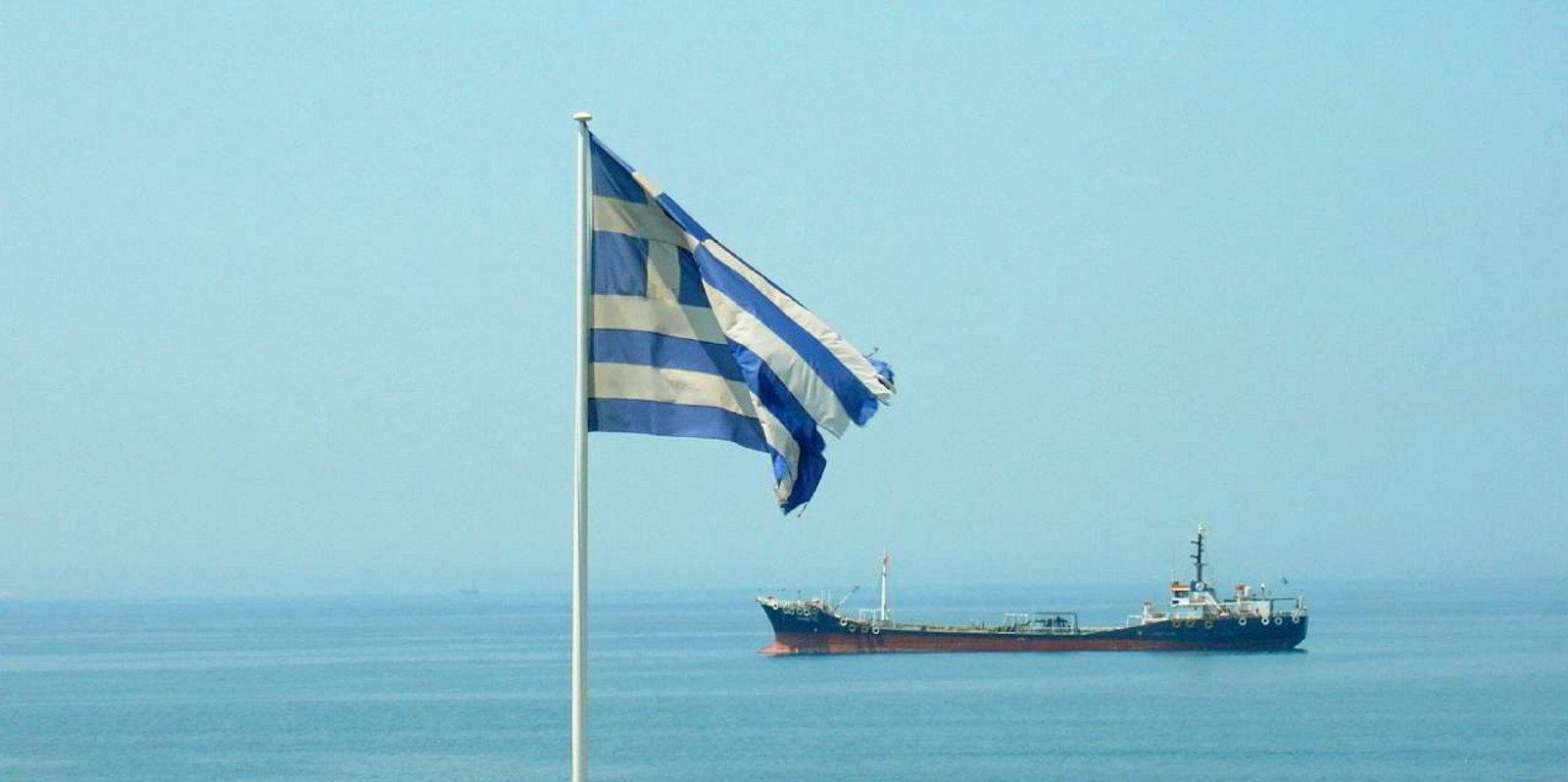Continuing a double-barreled expansion policy through both secondhand vessels and newbuildings, Safe Bulkers announced late on Tuesday that it has ordered yet more ships.
The US-listed company said it has signed a pair of 82,500-dwt kamsarmaxes due for delivery in August 2024 and January 2025.
It revealed neither the identity of the yard nor the terms, other than to say in a statement that the order was placed with a “leading” builder in China at “attractive prices”.
Shipbuilding sources told TradeWinds that the yard is Cosco Shipping Heavy Industry (Yangzhou), which is already building several kamsarmaxes for Chinese, Greek and Turkish clients.
The latest order brings the number of newbuildings the owner has contracted since 1994 to 60. The deal carries special significance because it is the company’s first shipbuilding move in China for eight years.
Safe Bulkers’ last known shipbuilding partner in China was Jiangsu New Yangzijiang, where it had a pair of kamsarmaxes built in 2014. They are still among the 42 vessels in its operating fleet.
All other newbuildings that the company has ordered since 2010 were with Japanese yards.
Its latest newbuilding programme began in late 2020 with four kamsarmaxes and three post-panamaxes booked at Oshima Shipbuilding and two kamsarmaxes inked at Shin Kurushima Sanoyas.
The kamsarmaxes that it has now ordered in China are to be built to the same standards as the ships it has under construction in Japan — with designs meeting Phase 3 Energy Efficiency Design Index requirements and the International Maritime Organization’s Tier III NOx emission standards.
Double-pronged approach
Safe Bulkers has been one of Greece’s earliest and most prolific bulker newbuilding contractors in the current market cycle.
“Newbuild orders remain the core context of our fleet renewal strategy,” president Loukas Barmparis said in the statement on 31 May.
The company signalled earlier this year that its newbuilding programme had drawn to a close.
However, it probably decided to have another go at newbuildings on the back of an optimistic market outlook in which it has fixed several vessels on lucrative, long-term time charter contracts.
To quickly capture the upside from rising bulker earnings, the company has moved big in the secondhand market as well.
It has spent nearly $190m since January 2021 to buy seven ships on the secondhand market — four capesizes, one post-panamax and two panamaxes.
These vessels replaced seven older, less efficient kamsarmaxes and panamaxes, which were offloaded over the same period to unaffiliated parties for total proceeds of about $110m.
Safe Bulkers’ bullishness is also reflected by the fact that it reinstated dividend payments to ordinary shareholders earlier this year.
To set aside cash for its fleet expansion programme and debt reduction plan, it set the payout at the modest level of $0.05 per share.
Speaking to analysts in May, chief executive Polys Hajioannou admitted that this dividend “isn’t of course the largest in the market”, but said it was still in shareholders’ best interest.
“Increasing the dividend is the easy part ... the difficult part is to sustain and grow it in the long run,” the Greek Cypriot owner said.
Irene Ang contributed to this article





